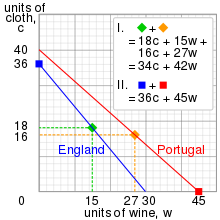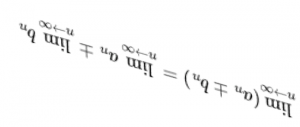 Russell Moore writes in the Atlantic that American evangelicalism is in crisis. There is a Faustian pact of unholy MAGA politics, conspiracy theories, and religious feelings that can only be remedied with a revival of the faith itself, laser-focused on Moore’s conceptions of what Christianity should strive to become. He acknowledges that there is a dark history to America’s evangelical movement through the 20th century. It was always political in close focus, with the maintenance of racism and exclusion at its core well before abortion was even a talking point. Anti-Catholicism and antisemitism were equally bundled up with the evangelical mindset. Beyond the moral failings that sloshed into politics, there was the structural marketing of the faith by televangelists and traveling ministries that turned the hoped-for internal conversion into a more cynical plot:
Russell Moore writes in the Atlantic that American evangelicalism is in crisis. There is a Faustian pact of unholy MAGA politics, conspiracy theories, and religious feelings that can only be remedied with a revival of the faith itself, laser-focused on Moore’s conceptions of what Christianity should strive to become. He acknowledges that there is a dark history to America’s evangelical movement through the 20th century. It was always political in close focus, with the maintenance of racism and exclusion at its core well before abortion was even a talking point. Anti-Catholicism and antisemitism were equally bundled up with the evangelical mindset. Beyond the moral failings that sloshed into politics, there was the structural marketing of the faith by televangelists and traveling ministries that turned the hoped-for internal conversion into a more cynical plot:
In the end, a market-driven religion gives rise to a market-driven approach to truth, and this development ultimately eviscerated conservative Christianity in the US and left it the possession of hypocrites and hucksters.
I’m not at all surprised. As information has become unlocked from the vaults of academic pursuits by modern technologies, the ripples of uncertainty about faith claims have spread and clashed with the desire to totalize the political, personal, pragmatic, and moral dimensions of evangelical beliefs. If a thing is so unquestionably right and good, it must infiltrate and own the mind, the body, the soul, the community, and the nation. So why is the world drifting away, seemingly inexorably?
But even those who leave their faith communities feel adrift, clinging to vague spirituality or buffet gorging across traditions in search of something that is satisfactory but different. But that is only in the best of moments, when a song triggers nostalgia or late after eggnog on Christmas Eve.… Read the rest






